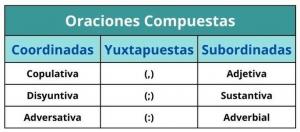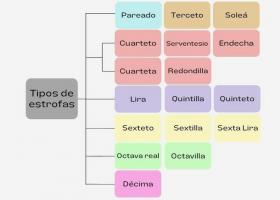Main characteristics of Human Rights
Human rights are individual rights and guarantees that uphold principles such as freedom, dignity and the common good of all human beings without exception.
Although they are defined, mainly, by being universal, inalienable and unlimited, human rights are governed by a series of principles and share the following characteristics:
universal
All human beings, regardless of the country of origin, are protected by human rights.
They are rights that are recognized naturally, from which other guarantees derived from the legal orders of the different nations derive. Therefore, all Human Rights protect all people.
non-derogable
Human rights represent a basic need for all human beings and, as such, cannot be overridden. Although some rights may be exceptionally restricted due to very specific circumstances, others, such as the right to life, are irremovable.
An exceptional case took place during the pandemic experienced in 2020. With the declaration of the state of emergency, some of these rights were temporarily suspended in many countries.
subjective
The subjective nature of Human Rights is underlined because they are titles that belong to each person, to the individual, they are not collective rights.
They are rights that are recognized naturally, by the mere fact of being born, of existing, of being people.
inalienable
No human being can renounce Human Rights, much less be stripped of them. In the same way, they cannot be transferred or commercialized.
The person is the owner of these rights and will not cease to be so, not even by their own decision. They are rights that cannot be revoked by law and must be protected by governments.
indivisible
Human Rights were conceived as a whole that cannot be fragmented. The principle of indivisibility makes them own and inherent to the person.
In addition, they are rights that cannot be dissociated, one part of Human Rights cannot be conceived without taking into account all the others.
interdependent
Each of the Human Rights is closely linked to the rest, that is, one right cannot be violated without the others being affected.
By this same principle, it is not possible to exercise only one part, but rather the whole as a whole attends to the same range of importance and must be defended and guaranteed.
Imprescriptible
The legitimacy of Human Rights does not fade with the passage of time, they do not have a specific period of validity. Therefore, there are multiple legal mechanisms that promote them and ensure their protection.
Progressives
Its progressive nature refers to the fact that Human Rights have not been achieved in all places at the same time. It could be defined as a process in which States work so that all people can enjoy a dignified life, in freedom and equality.
See also:
- What are human rights.
- Human rights and fundamental rights.
- Rights and obligations.
References:
- Alex, C. F. P. (2014). Principles and normative characteristics of human rights. SEECI Communication Magazine, (33), 44-58.
- United Nations General Assembly. "Universal Declaration of Human Rights." 217 (III) A. Paris, 1948. http://www.un.org/en/universal-declaration-human-rights/
- Serrano, S., & Vazquez, D. (2011). Theoretical foundations of human rights. Characteristics and principles. CDHCM, Mexico.


